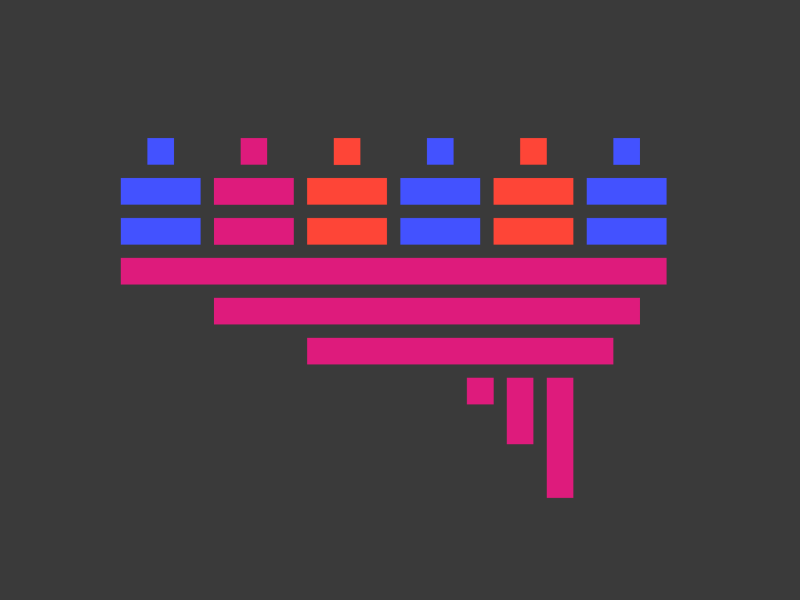It’s no secret that recent waves of college and university students have become vocally engaged with global social issues, including climate change and Black Lives Matter. Many young leaders and activists are highly entrepreneurial and eager to start solving real-world problems well before graduation, and they are supported by a growing number of international multidisciplinary competitions.
These events are intended to help them apply their skills, plus achieve educational and career goals while receiving mentorship and gaining experience and recognition for their efforts in creating a more sustainable, and agreeable, future.
In 2020, however, the pandemic put a worldwide pause on in-person events and threatened to stymie this progress – and yet the opposite happened. In fact, the continued success organisers find in taking these competitions fully virtual underscores a reality worth exploring: that in opening the door for more inclusive, visible, collaborative and supportive processes, a shift to online communities of engagement can help unlock the full potential of student creativity.
As organisers of one such annual competition, the Wege Prize, which is focused on student innovations for a circular economy, our staff at Kendall College of Art and Design (KCAD) have seen this unfold first-hand in our own programme as well as others.
Many of these sustainability-oriented initiatives, including the Hult Prize, the Biomimicry Global Design Challenge and the Enactus series, are platforms for advancing top students globally, using feedback loops with encouragement, coaching, expert mentors and committed informal teaching.
These programmes encourage interdisciplinary, intercollegiate and often international student teams to submit actionable proposals that can be turned into real products or services addressing issues such as renewable materials and food waste and scarcity, and many students pursue submissions driving the United Nations’ 17 Sustainable Development Goals.
With competitors drawn from multiple continents and judges representing an equally broad geographic spread, these programmes have by necessity always had virtual aspects. In every submission phase of the Wege Prize, for example, student teams receive virtual feedback from the judges as part of an extensive guidance and support process. But the final presentations and awards events have always been held in person on the KCAD campus in the US.
This is exciting for entrants, judges and the organisers at KCAD and the Wege Center for Sustainable Design, because it offers an opportunity to build relationships. But the in-person dynamic also raises a travel barrier that can be difficult to overcome because of cost challenges, visa complications or other considerations. Similarly, for this and other sustainability-focused programmes, there is also the question of carbon emissions from air travel (for some organisations, incorporating the purchase of carbon offsets into their operating budget, as Wege Prize will do for future in-person events, is one strategy that can help mitigate these impacts).
During the pandemic, for the first time, Wege Prize, Enactus and a range of other student competitions such as the US Department of Energy’s Solar Decathlon held their banner events as fully virtual. This approach made participation easier for all parties, and it also benefited entrants by bringing their ideas more seamlessly into the public realm through well-publicised live streams and social media promotion or, as in the case of the Solar Decathlon, free online tours of this green design and construction competition’s “virtual village”.
From a logistical perspective, the technical challenge of ensuring each participant has a robust internet connection has proven easier to surmount than that of bringing dozens of people from around the world together in a single venue. For any educator looking to shine a light on student innovation in a particular field, the possibility of such easy sharing with the professional community is clearly compelling.
Similarly, the benefits and possibilities of virtual collaboration are clear from the international character and sheer numbers of student teams in recent competitions. The 2020 Enactus “World Cup” semi-finalists included teams from Canada, Egypt, Kyrgyzstan, Brazil, Morocco and the US. The 2021 Wege Prize has been the largest and most diverse competition in the programme’s eight-year history, with the first submission round comprising 35 teams from 88 academic institutions in 29 countries, as well as 114 unique academic disciplines, all offering ideas to help power a transition from our current linear economy − in which we take, make and dispose − to a circular economy that’s regenerative by design.
The 2021 Wege Prize semi-finalist phase included promising ideas for innovation from eight African-led teams and students from Chile, Mexico, Egypt and the US; the five finalist teams were from Tanzania, Ghana, Uganda, Malawi and Chile. Members of the same teams live and attend university in different countries, working closely with judges in the UK, the US and Chile, and receiving support and ultimately prize money from an institution in the US – a remarkably transnational and multidisciplinary model for learning and student entrepreneurship made possible through online collaboration.
By enabling teams to work together virtually across cultural, institutional and disciplinary boundaries, these programmes offer a useful model for radically expanding the perspective that students – and educators − bring to the problem-solving process.
The outcome is even more powerful than tangible and actionable solutions: students emerge empowered to carry a new way of seeing, thinking and working into the broader world. In whichever field or industry they enter upon graduation, they’re prepared to be the change agents who can help us normalise the mindset of transdisciplinary collaboration and systems thinking that so much depends on.
As educators, the shift online has given us new opportunities to inspire and recognise students as they nurture their desire and abilities outside the classroom walls. Let’s take full advantage.
Gayle DeBruyn is a professor and sustainability officer for Kendall College of Art and Design of Ferris State University in Grand Rapids, Michigan, US.




comment1
(No subject)